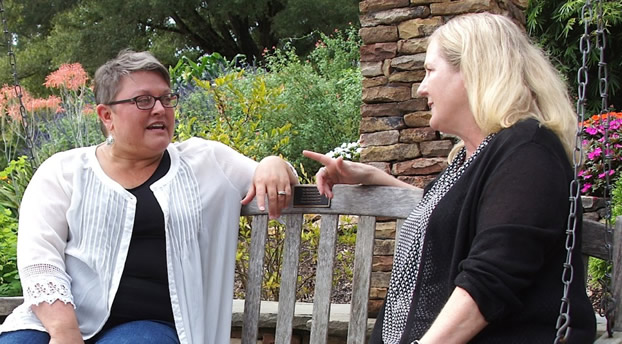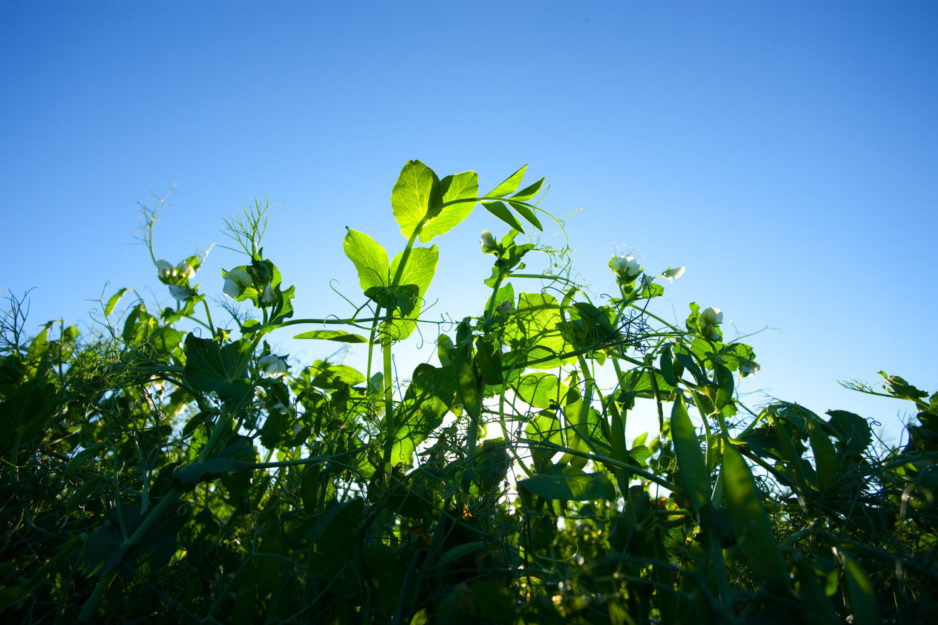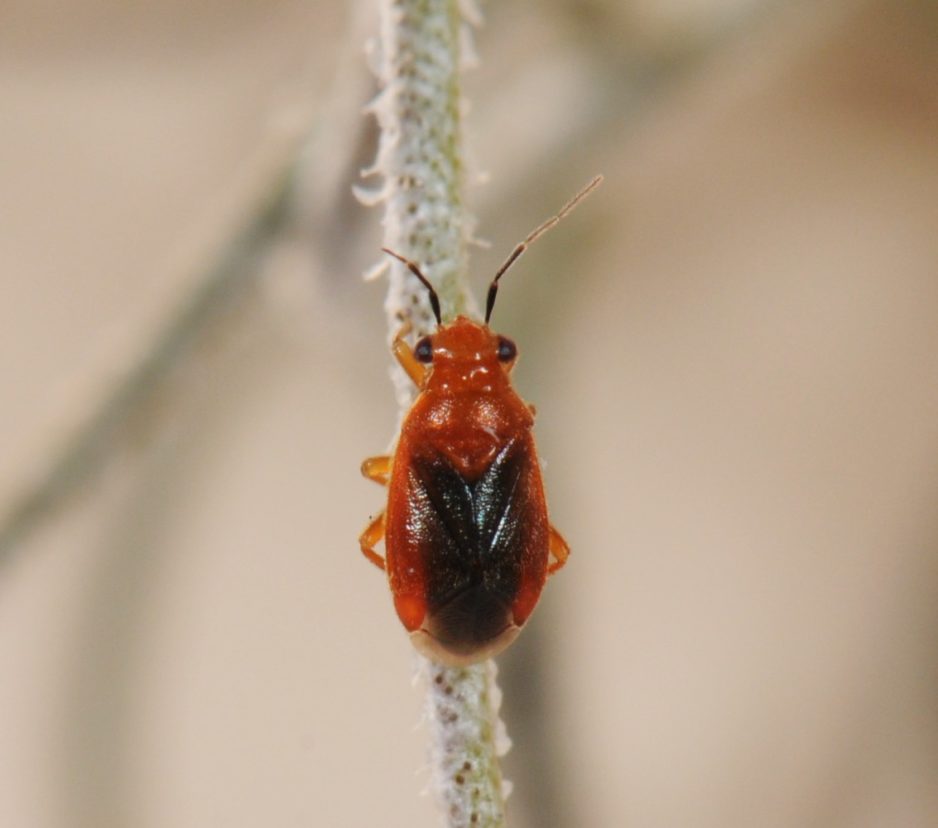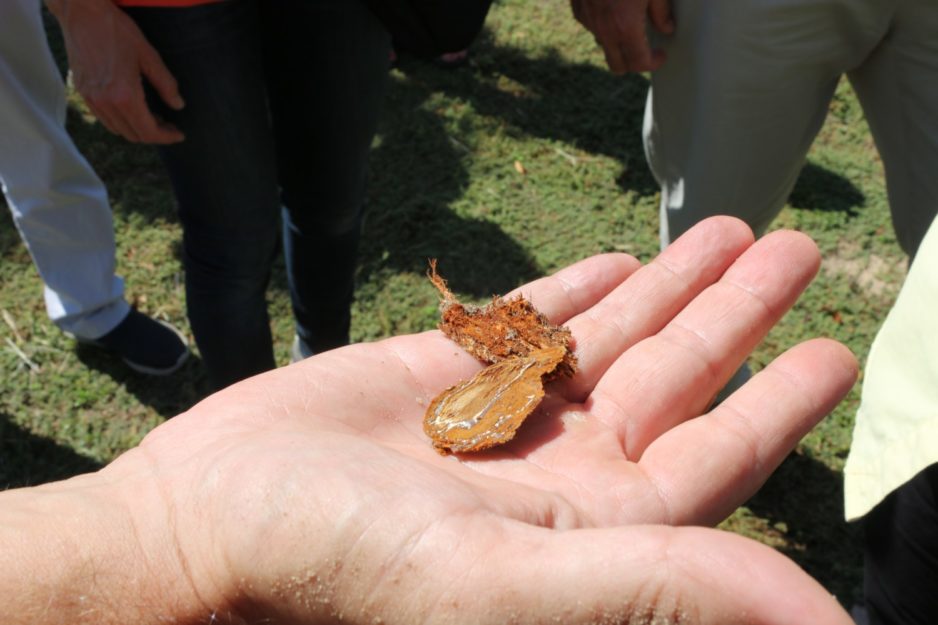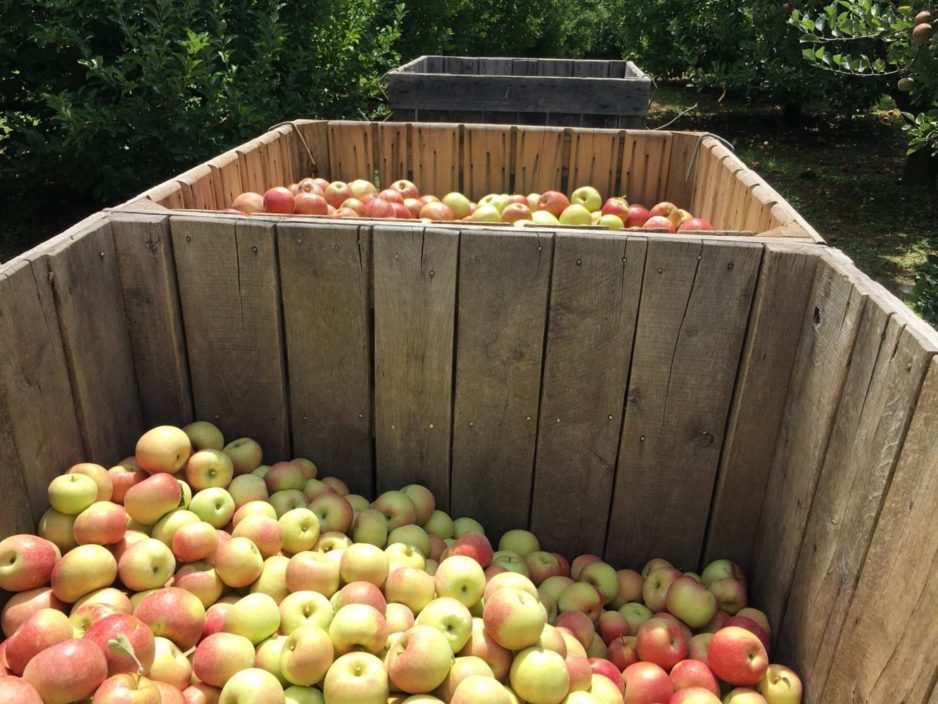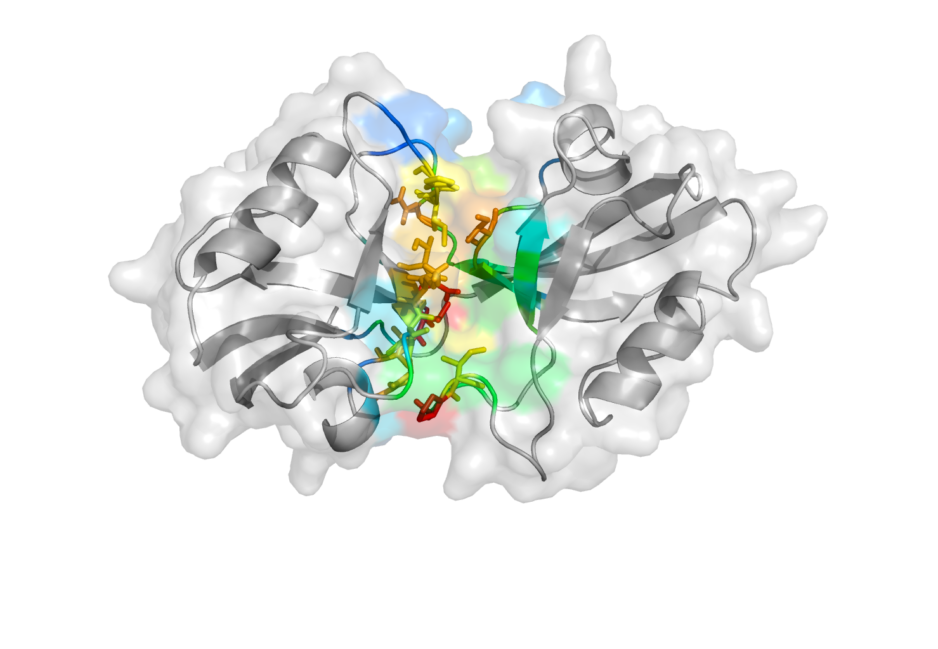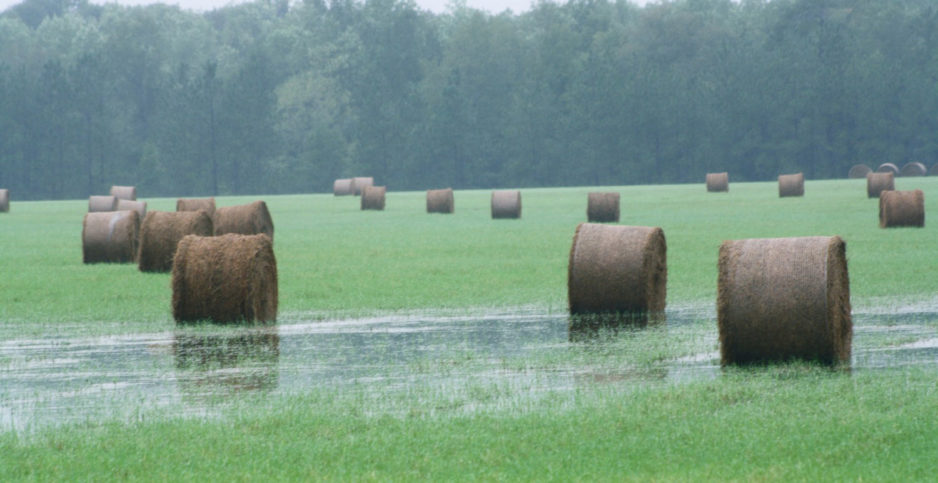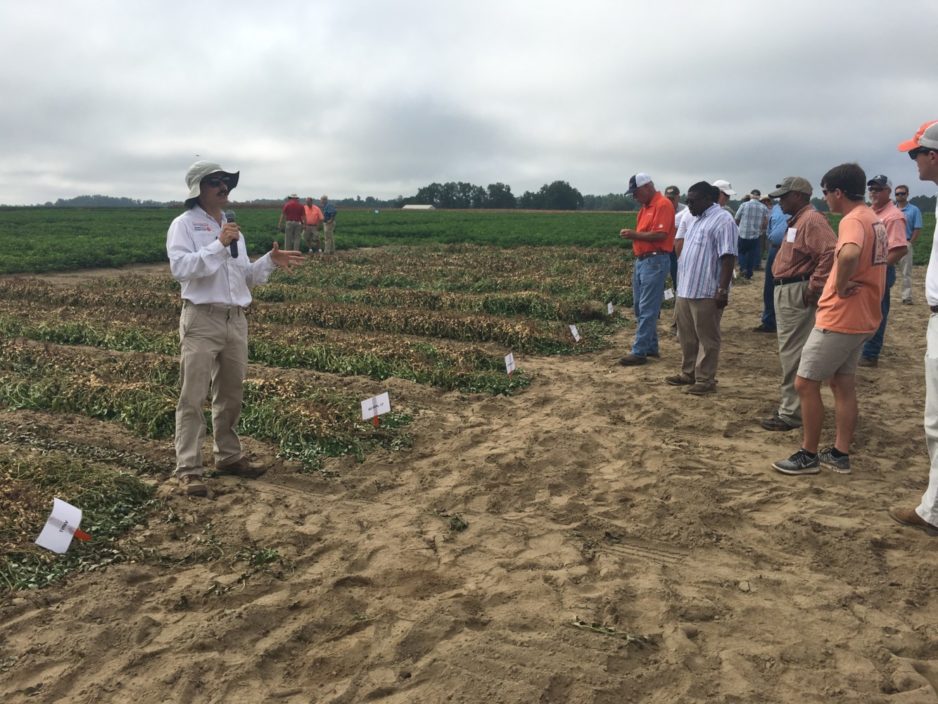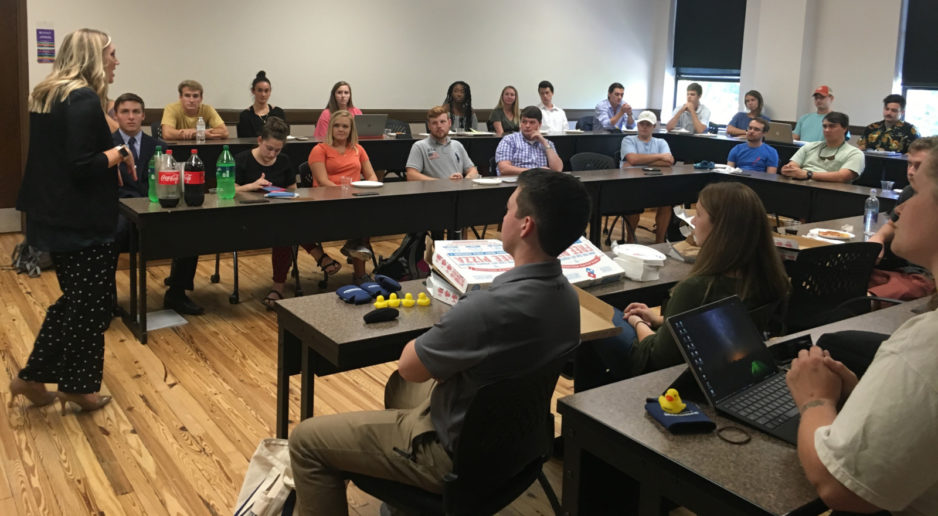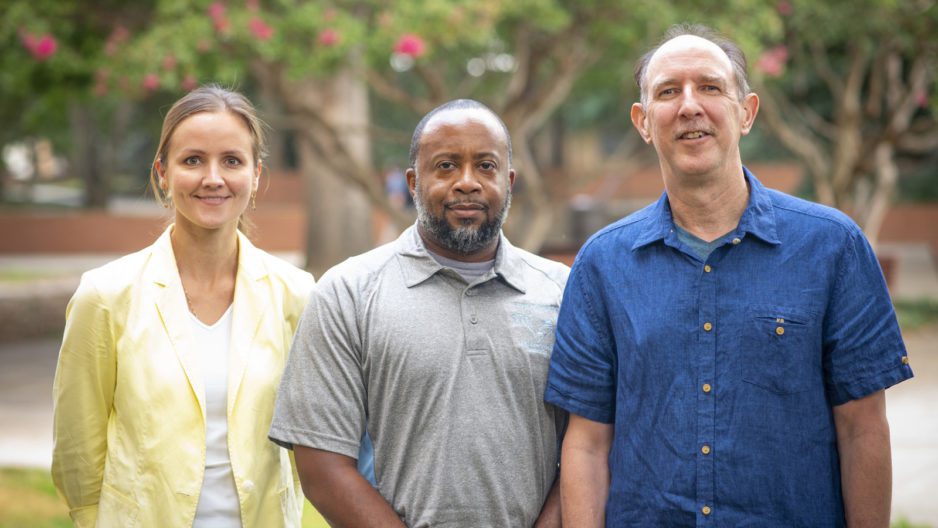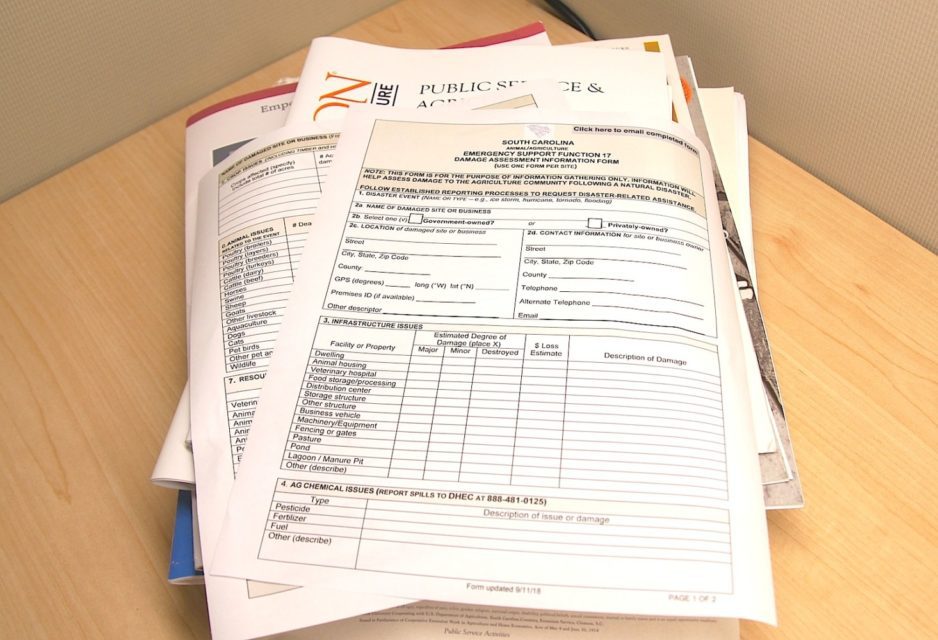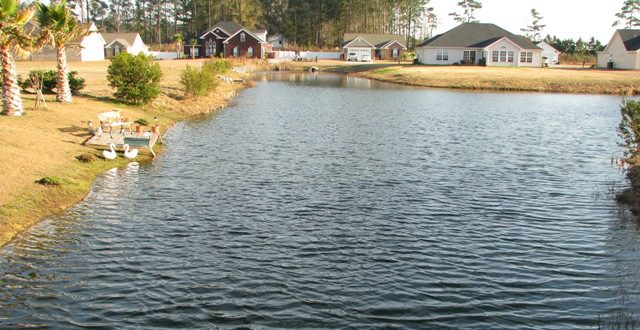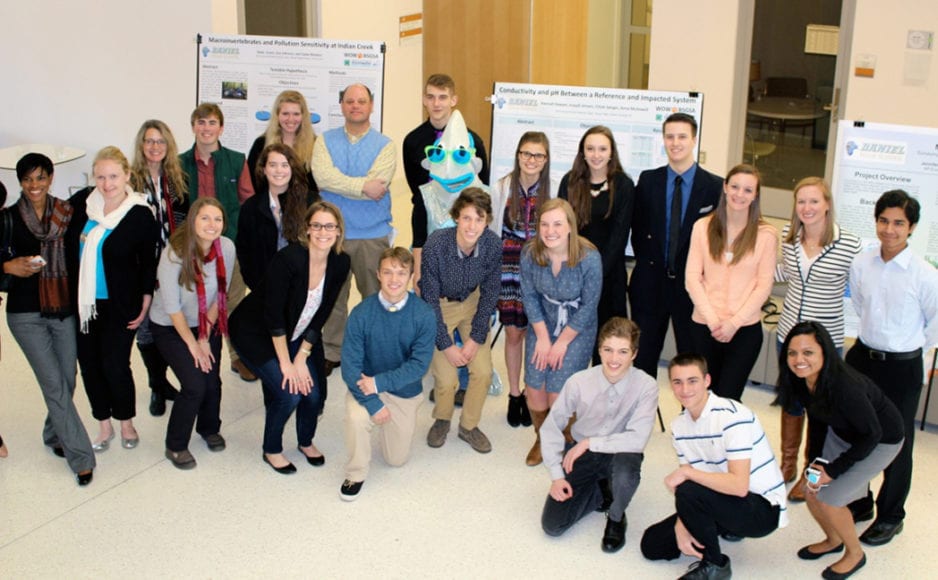Obesity isn’t merely a health problem. In communities where four out of 10 adults are obese, it’s a health crisis. The U.S. Centers for Disease Control, Clemson University and land-grant institutions in 14 other states have teamed up to tackle that crisis in some of the hardest-hit counties.
Search Results
Finding a solution for hidden hunger
Malnutrition and obesity are health burdens the public needs to be aware of. By changing their food behaviors they can have a great impact on their communities beyond just themselves. Clemson associate professor Dil Thavarajah is responding to this crisis through scientific research and educational programs, working to find a solution.
Clemson researchers optimizing pulse and cereal crops for organic production in S.C.
A group of Clemson researchers wants to show South Carolina farmers how organically growing cereal and pulse crops can improve nutrition while lowering production costs.
Extension offering workshop for landscape pros on smart fertilization, soil improvement
Clemson Cooperative Extension is offering a workshop designed to help green industry professionals better manage landscapes through smart fertilization and soil improvement on Nov. 7 at the Horry County Extension Office located at 1949 Industrial Park Road in Conway.
New plant bug discovered in Charleston may have hitchhiked on Spanish moss
The Clemson Coastal Research and Education Center can add the discovery of a new plant bug to its portfolio of findings. The insect was discovered by Clemson entomologist Al Wheeler when he collected a small reddish-orange plant bug from an oak tree at the Coastal REC. A researcher with the United States Department of Agriculture at the Smithsonian Institution in Washington, D.C., said this is the first time this insect has been found in the United States.
Researchers meet to plan attack on Armillaria root rot
CLEMSON – Armillaria root rot is a devastating fungus that costs farmers millions of dollars in crop losses and for which there are no controls. A group of experts and industry representatives from states where this fungus attacks almonds, cherries […]
South Carolina 4-H’ers give presentation at regional leadership conference
Six youth leaders from South Carolina 4-H attended and shared some of their leadership skills at a multi-state conference created to bring together teens and adults to empower and inspire them to make a positive change across the South.
It’s apple-picking time in South Carolina
CLEMSON – If the old saying is true and an apple a day really does keep the doctor away, it’s time to fill pantries with South Carolina apples. But, you’d better hurry as time is running out and the end is […]
Molecule studies reveal potential treatment for stroke patients
A novel hybrid approach performed by researchers from Clemson University and Stony Brook University has revealed a 3-D structure of a protein fragment that could serve as a drug target in treating stroke patients.
Clemson Extension offering resources to help farmers who need hay after storm
With widespread flooding in eastern South Carolina in the wake of Hurricane Florence, Clemson University Cooperative Extension is offering resources to help meet hay needs of the state’s livestock producers, both in the short term and throughout the winter.
South Carolina ACE Basin Waterfowl and Wetlands Management Workshop
YEMASSE – Waterfowl are important to the South Carolina ecological system and knowing how to properly manage their wetlands habitats can help ensure balance in the state’s ecosystem. Clemson University’s James C. Kennedy Waterfowl and Wetlands Center is partnering with […]
South Carolina farmers learn new farming research and technology from Clemson scientists
Modern research and technology are important for today’s farmers and researchers at Clemson’s Edisto Research and Education Center are busy developing software and other scientific instruments to help South Carolina farmers produce profitable crops.
Beekeepers watchful as Pee Dee counties increase mosquito sprayings
Mosquitoes are breeding in abundance in floodwaters left behind by Hurricane Florence, prompting officials throughout the Pee Dee region to step up pesticide treatments to control them. Experts with the Clemson University Extension Service and Regulatory Services units are advising beekeepers to be aware of increased sprayings and prepare to cover their hives if necessary while sprayings are in progress.
AIS student chapter opens doors to information systems opportunities
Information technology permeates virtually every aspect of 21st century business. That’s why the Association for Information Systems (AIS) student chapter at Clemson University welcomes students of all majors to join their organization. “Our AIS chapter has mostly a cross-section of […]
Reclaim flooded lawns left behind by Hurricane Florence
Flood waters left behind by Hurricane Florence can have a devastating impact on homes and landscapes, but a Clemson environmental horticulturist says there is hope.
Clemson partners with SC State University to provide STEM education to at-risk youth
Clemson University, in partnership with SC State University, has received a five-year, $1.28 million grant from the U.S. Department of Agriculture to bring science, technology, engineering and math (STEM) programming to at-risk youth in South Carolina.
Environmental education takes center stage during Duke Energy, Clemson summer course
The Duke Energy Foundation awarded Clemson University $50,000 from its environmental program to support “Natural History and Ecology of Bad Creek Hydroelectric Station and Jocassee Gorges.” The grant, awarded to Barbara Speziale and John Hains of Clemson, supported two environmental education courses this summer for 18 K-12 teachers from across South Carolina and will support another next summer.
Farmers should use online form to get disaster relief after Florence
The storm will pass. Then comes the work of assessing the deluge of damage. A single damage assessment form for farmers — available online now — will help gather information that state and federal officials can use to speed relief.
Clemson Extension offers advice on preparing wells for potential flooding
With flooding possible in the path of Hurricane Florence, Clemson Extension is advising South Carolina residents who rely on drinking well water to take action to better prepare their wells, even as they are making plans to evacuate.
Clemson Extension partnering on new agribusiness curriculum program
Clemson Cooperative Extension is teaming up with the S.C. Department of Agriculture on a program geared toward bolstering the state’s largest industry by arming budding agribusiness innovators with the business skills they need to succeed.
Junior Beef Round-Up breeds skills, confidence in 4-H youth
Confidence was on display by the hundreds at the South Carolina Junior Beef Round-Up. Held each August for 4-H members and their families, the event drew students from throughout South Carolina and neighboring states to Clemson University’s T. Ed Garrison Livestock Arena for the three-day weekend event Aug. 3-5.
Hurricane preparation: Clemson Extension offers tips, resources to prepare stormwater ponds
As South Carolina braces for Hurricane Florence’s potential landfall, Clemson Cooperative Extension agents are offering reminders and resources for maintaining and preparing stormwater ponds in the event that severe weather strikes.
4-H’ers honored for success in program areas
PENDLETON — The achievements of South Carolina youth who dedicated themselves to specific 4-H program areas such as agriculture/livestock, healthy lifestyles, natural resources and science were recognized at the inaugural South Carolina 4-H Project Awards Luncheon on July 13. Sponsored […]
Clemson Pee Dee REC Field Day features aphids, aquaponics, cotton varieties and more
South Carolina farmers can learn the latest research-based information needed to grow bountiful crops at the 2018 Clemson Pee Dee Research and Education Field Day Sept. 13.
Air Force honors Detachment 770, Maj. Brock Lusk
Clemson University’s highly decorated Air Force ROTC program has been accorded two more accolades by the U.S. Air Force. Detachment 770, comprised of nearly 150 cadets, is the recipient of the Air Force’s “High Flight” award as the top “Large” […]
The Unbreakable Tiger
U.S. Army 1st Lt. William Funchess watched from the other bank as Chinese soldiers approached the river, undressed, and swam across naked, holding weapons and clothes over their heads. Once they hit his side of the river, they shook the […]
Clemson’s WOW nature project inspires Daniel High students
CLEMSON – With a second full year officially under its belt, Clemson University’s groundbreaking “What’s in Our Waters” project continued to wow everyone involved. On Feb. 20, dozens of smiling faces gathered for a group photo inside Clemson’s recently opened Watt […]
Grad students teach high-schoolers how to monitor water quality
CENTRAL — The average person probably doesn’t think of clean water as being filled with a bunch of bugs. But in reality some groups of bug larvae are sensitive to pollution, so if they’re not found wiggling around in creeks, […]

